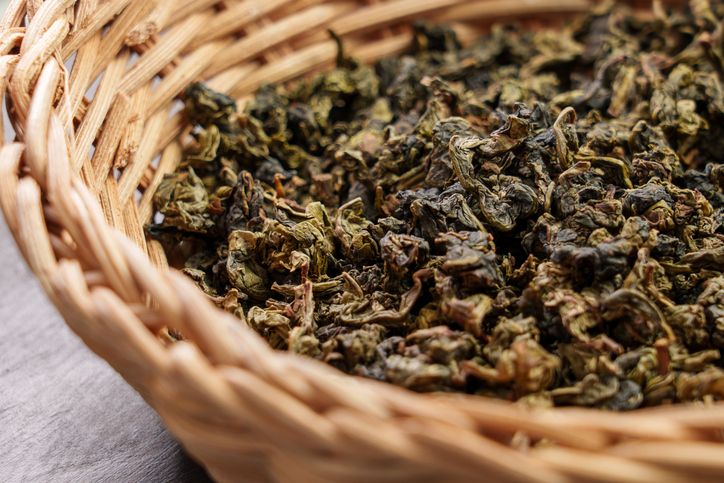
- Home
- Trend
- Weight Loss Strategies
- Acne Tips
- Hair Health Information
- Blemish Removal Tips
- Acne Scar Removal Tips
- Muscle Building Techniques
- Intimate Care Tips
- Postpartum Intimate Care
- Eye Bags Wiki
- Tips for Face Slimming
- Secret of Permanent Hair Removal
- Breast Enlargement Tips
- Cure to Snoring
- Marionette Lines
- Skin-Tightening Secrets

免費體驗
S6 Body Sculpting Treatment
1 Minute Self-Registration
Date should not be before minimal date
Have you ever wondered why green tea is so revered for its health benefits? Originating from the leaves of the Camellia sinensis plant, green tea has been a staple in Asian cultures for centuries, used in traditional medicine and daily rituals. Today, green tea is globally recognized for its potential health benefits, including improving heart health, aiding weight loss, and enhancing cognitive function. Let's explore the benefits of green tea and how incorporating this powerful beverage into your daily routine can boost your overall well-being.
1
Nutritional Content of Green Tea

Caffeine
Amino Acids
Fluoride
Catechins

2
Health Benefits of Green Tea

Alleviates Anxiety and Stress
Improves Alertness and Brain Health
Helps Protect Against Cognitive Decline
Enhances Memory
Heart Health
Lowers Cholesterol
Reduces Blood Pressure
Weight Loss
S6 Body Sculpting Treatment: Achieve a Fitter, Toned, and Healthier You Quickly!
Manages and Prevents Type 2 Diabetes
Anti-inflammatory and Antioxidant Benefits
Helps Repair Damaged Skin and Protect Against Skin Cancer
Potential Cancer Prevention
Supports Digestive Health
Improves Longevity
3
Types of Green Tea


4
Risks and Side Effects

免費體驗
S6 Body Sculpting Treatment
1 Minute Self-Registration
Date should not be before minimal date
5
Tips for Consuming Green Tea

Optimal Preparation Methods
Incorporating Green Tea into Your Diet

6
When Is the Best Time to Drink Green Tea?


免費體驗
S6 Body Sculpting Treatment
1 Minute Self-Registration
Date should not be before minimal date
FAQ

What are the primary benefits of drinking green tea?
Drinking green tea offers numerous health benefits including improved heart health, weight management, and enhanced cognitive function. Rich in antioxidants like green tea catechins, it helps reduce cardiovascular risk factors and supports overall well-being.
How does green tea help in weight loss?
Green tea aids in weight loss by boosting metabolism and increasing fat oxidation. The catechins and caffeine content in green tea enhance the body's ability to burn fat, helping to reduce body weight and support weight management.
Can green tea lower blood pressure?
Yes, green tea may help lower blood pressure. The polyphenols in green tea improve vascular function and reduce hypertension risk. Regular green tea consumption can contribute to better heart health and lower cardiovascular diseases risk.
What are the cognitive benefits of consuming green tea?
Green tea improves cognitive function by enhancing mental alertness and memory. The L-theanine and caffeine in green tea work together to boost brain function, improving focus and potentially reducing the risk of Alzheimer's disease.
How does green tea benefit skin health?
Green tea extracts offer anti-inflammatory effects and protect against UV damage. Topical application of green tea polyphenols can improve skin elasticity, repair damaged skin, and potentially protect against skin cancer.








